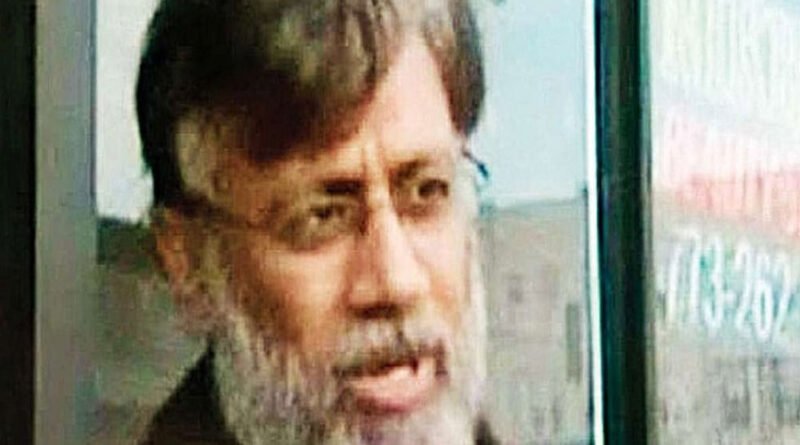Redouble efforts
Tahawwur Rana’s extradition is a victory for our diplomatic corps and national security functionaries
With a US court clearing the extradition of Tahawwur Hussain Rana to India, the chances of bringing the culprit(s) of the 26/11 Mumbai terror attacks has become higher. The attacks claimed the lives of 174 people, including six American nationals; and yet it has taken almost 15 years to arrive at a decision about the extradition of one of the accused persons. It speaks volumes about the efficiency of the mechanisms in place to combat terror. Rana was reportedly trying to enter a plea bargain; had it been accepted, he would have got away with a light sentence. The extradition needs approval from US Secretary of State Antony Blinken; after that, Rana would be handed over to the National Investigation Agency (NIA), which is probing the 26/11 case. Blinken’s nod doesn’t seem to be problematic, for the US Government has made its stand clear over the issue. On September 28, 2020, Christopher D Grigg, chief of the National Security Division of the US Attorney’s Office, and attorney Nicola T Hanna, maintained that Rana’s prior arguments against his extradition to India “had no merit.” India is in touch with the US authorities for speedy extradition of Tahawwur Rana, Foreign Secretary Vinay Kwatra said reacting to the California court’s decision to extradite the Canadian-Pakistani national to India. Importantly, the court order came a month before Prime Minister Narendra Modi’s first state visit to the US at the invitation of US President Joe Biden. Hopefully, there would not be any more procedural blocks in Rana’s extradition.
It needs to be emphasised here that bilateral ties between countries play a major role in curbing terrorism. In the last few years, India’s relations with the US-led Western nations and Arab countries have improved remarkably; this has resulted in action against fugitive terrorists. During the 2012-18 period, 24 terror suspects were deported to India, most of whom, 18, came from Saudi Arabia and the United Arab Emirates. Much of this has to do with Crown Prince and Prime Minister of Saudi Arabia Mohammed bin Salman (MBS) and United Arab Emirates President Mohamed bin Zayed Al Nahyan (MBZ), the two prominent Muslim rulers who detest Islamic extremism. But this also has to do with our foreign office and national security establishment. Similarly, India and the US, the ‘estranged democracies’ for decades after Independence, have come closer in all possible spheres of life—economic, strategic, military. Besides, there are 4.3 million Indian origin people in the US. Indian diplomats and national security functionaries have been leveraging our relations with the US and other Western nations. It is time we redoubled this endeavour so that there are more extraditions, greater action against terrorists and their backers abroad, and more pressure on Pakistan to desist from its nefarious activities against India.
Source: The Pioneer




